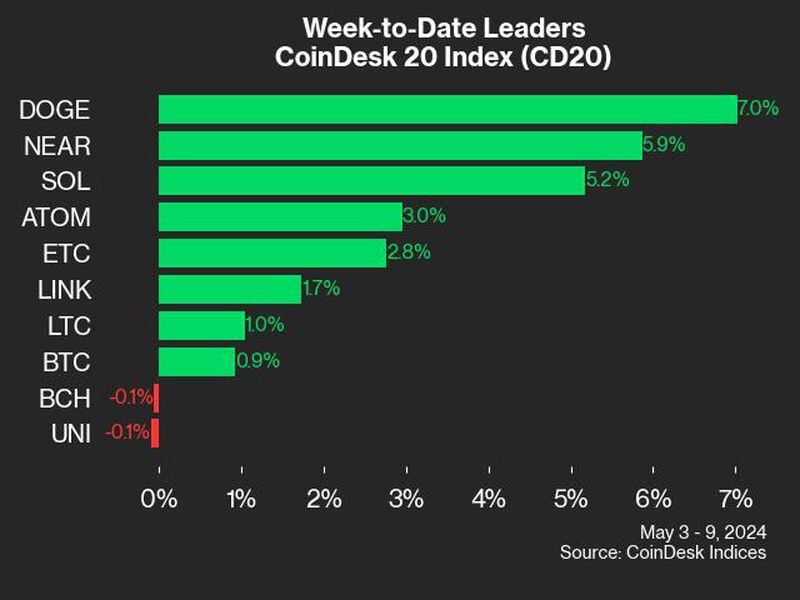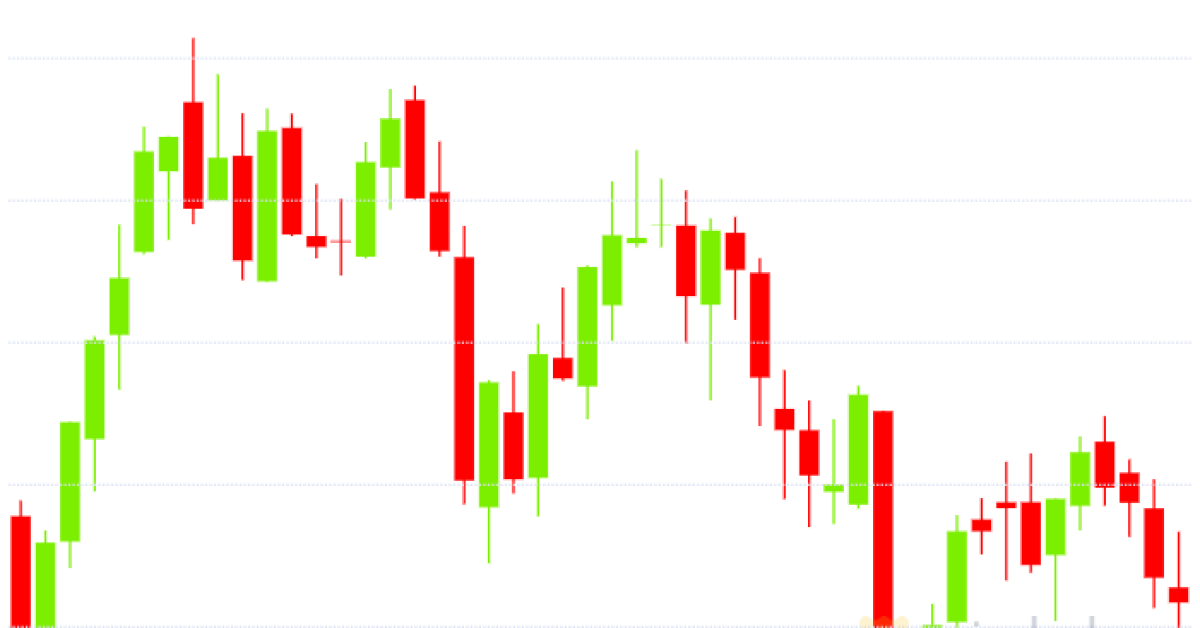US Appeals Court Allows Warrantless Search of Blockchain, Exchange Data
The Fifth Circuit Court of Appeals. (Bobak Ha’Eri/Wikimedia Commons)
A federal appeals court on Tuesday affirmed a lower court’s denial of a motion to suppress evidence in a case that hinged on whether the Fourth Amendment of the U.S. Constitution protects Bitcoin blockchain records from warrantless search and seizure.
- The Fifth Circuit Court of Appeals in New Orleans rejected defendant Richard Gratkowski’s claims his blockchain and Coinbase-held bitcoin transaction records could not be used as evidence against him. Gratkowski, who was convicted and sentenced last year on child pornography charges, had paid for the material in bitcoin.
- Gratkowski based his motion to suppress that evidence on the Fourth Amendment’s prohibition of unreasonable search and seizure. He argued the government had violated his reasonable expectation of privacy in analyzing his Coinbase and on-chain transactions because it was done without a warrant.
- But the court effectively found that agents did not need a warrant to search those records. The court said the public nature of bitcoin’s permissionless blockchain undercuts any user’s claims to a reasonable expectation of privacy.
- “Granted, they enjoy a greater degree of privacy than those who use other money-transfer means, but it is well known that each bitcoin transaction is recorded in a publicly available blockchain,” the Fifth Circuit held.
- The court was skeptical of Gratkowski’s claims to privacy for his Coinbase records. He had compared those records to protected cell phone metadata, but the court said Gratkowski’s Coinbase records (and the blockchain records) are “more akin to bank records,” which are not protected under the Fourth Amendment.
- “Coinbase deals with virtual currency while traditional banks deal with physical currency. But both are subject to the Bank Secrecy Act as regulated financial institutions,” the Fifth Circuit held.
- That’s because of the “third-party doctrine,” said Drew Hinkes, a lawyer with Carlton Fields.
- “If a person voluntarily gives information to a third party, makes no effort to protect that information and the third party has a legitimate reason to retain that information” then the party providing that information has no legitimate expectation of privacy over that information, and that information may be obtained from that third party without a warrant, said Hinkes.
- The Fifth Circuit affirmed the lower court’s decision to deny Gratkowski’s motion to suppress the evidence.
Disclosure
The leader in blockchain news, CoinDesk is a media outlet that strives for the highest journalistic standards and abides by a strict set of editorial policies. CoinDesk is an independent operating subsidiary of Digital Currency Group, which invests in cryptocurrencies and blockchain startups.









